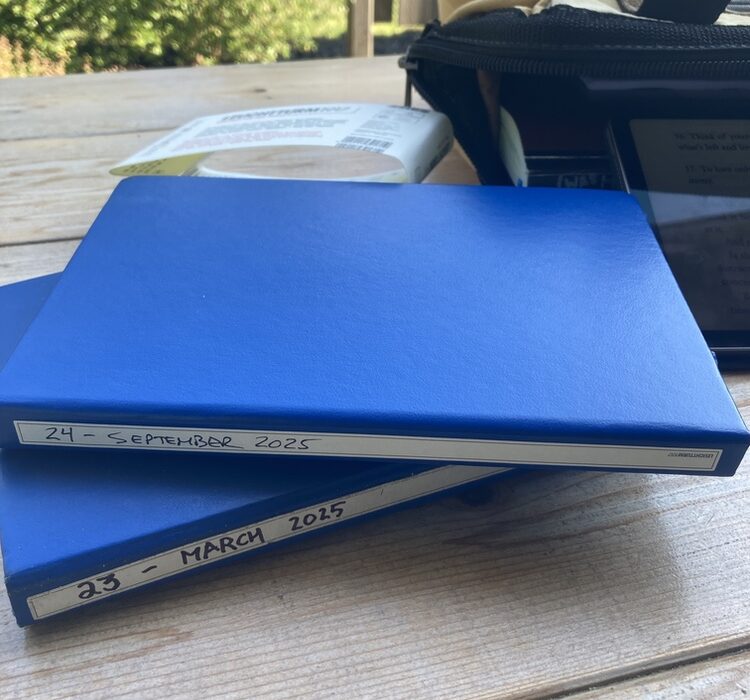Critically, as Gribbin’s explains, during this period Galileo was also occupied in part by his success in “leading a full and happy life,” in which “he studied literature and poetry, attended the theatre regularly, and continued to play the lute to a high standard.” He was not, in other words, locked up, grinding away in relentless pursuit of results. Yet results are what he did ultimately produce.
~ Cal Newport from, On Pace and Productivity
Everything wears down, wears out, and wears away. The light that burns twice as bright, lasts half as long. There are cautionary tales about the hedonic treadmill. The tortoise and the hare. The ant versus the oxen; I’ve always liked that aphorism from Lao Tzu.
Let’s grant that the ant walks a great distance, removes debris from the colony, and collects food for 10 ants. Meanwhile, the ox accomplishes nothing. But when he awakes refreshed from his nap, he can plow a field in a few hours. For comparison, how long will it take the ant to plow the field?
I’ve always liked that aphorism from Lao Tzu: It reminds me to always be the dozing Ox.
I am frequently asking myself two questions:
What would world-class look like?
Is this thing I just did world-class?
I may fall short— honestly I think I always fall short of executing world-class. That does not mean I stop asking those questions. That does not mean I stop trying. The mantra is not, “do more!” It’s not, “hurry up!” I am not alone in this thinking:
The constructive evaluation of activities, asset allocations, communications, policies, and procedures against purposes and intended outcomes has become increasingly critical for every organization I know of. The challenges to our companies continue to mount, with pressures coming these days from globalization, competition, technology, shifting markets, erratic economic swings, and raised standards of performance and production, making outcome/action thinking a required twenty-first-century behavior.
“What do you want to have happen in this meeting?” “What is the purpose of this form?” “What would the ideal person for this job be able to do?” “What do we want to accomplish with this software?” These and a multitude of other, similar questions are still sorely lacking in many quarters. There’s plenty of talk in the big meetings that sounds good, but learning to ask, “Why are we doing this?” and “What will it look like when it’s done successfully?” and to apply the answers at the day-to-day, operational level—that will create profound results.
~ David Allen, p272, Getting Things Done circa 1989
ɕ
